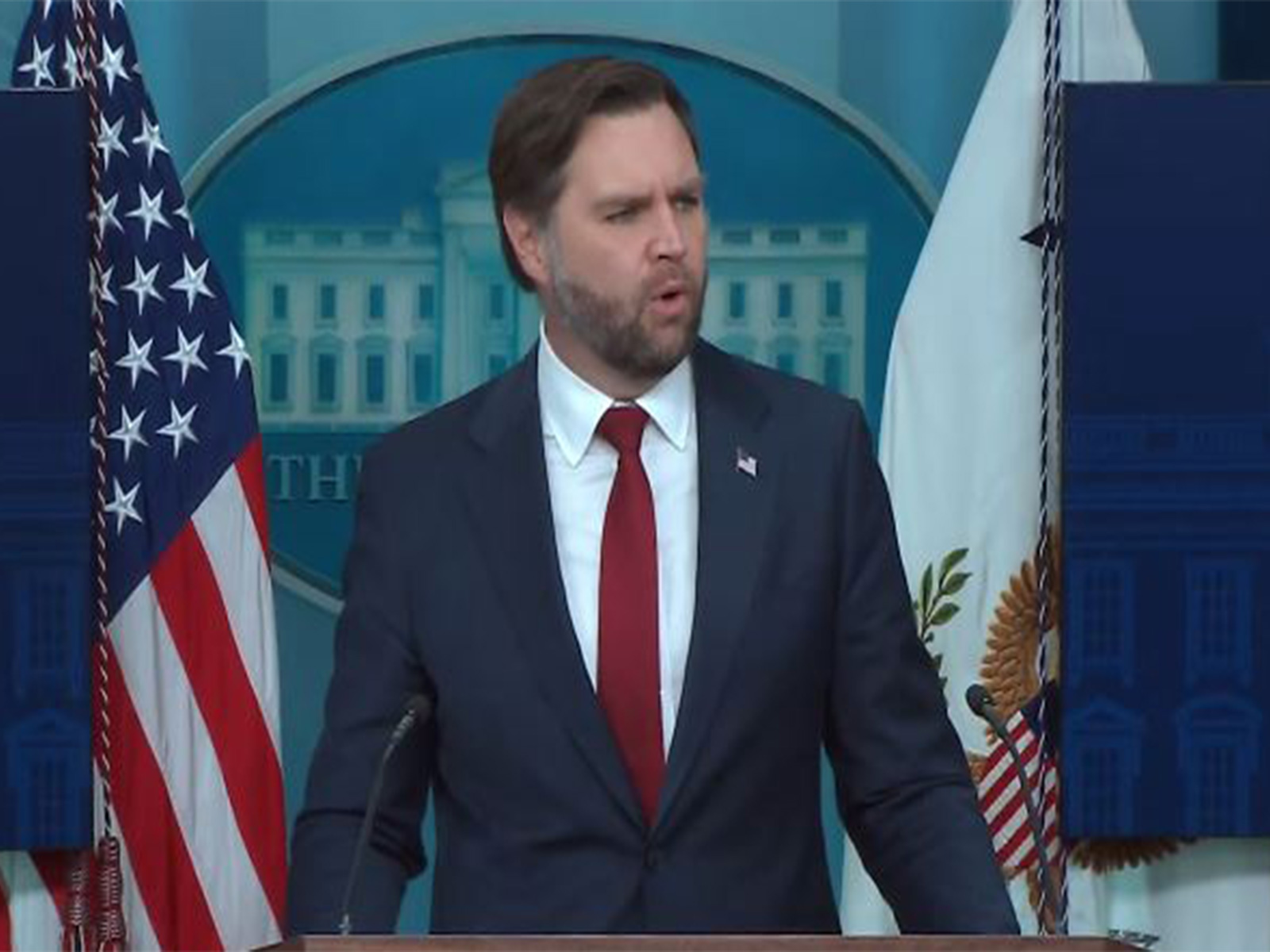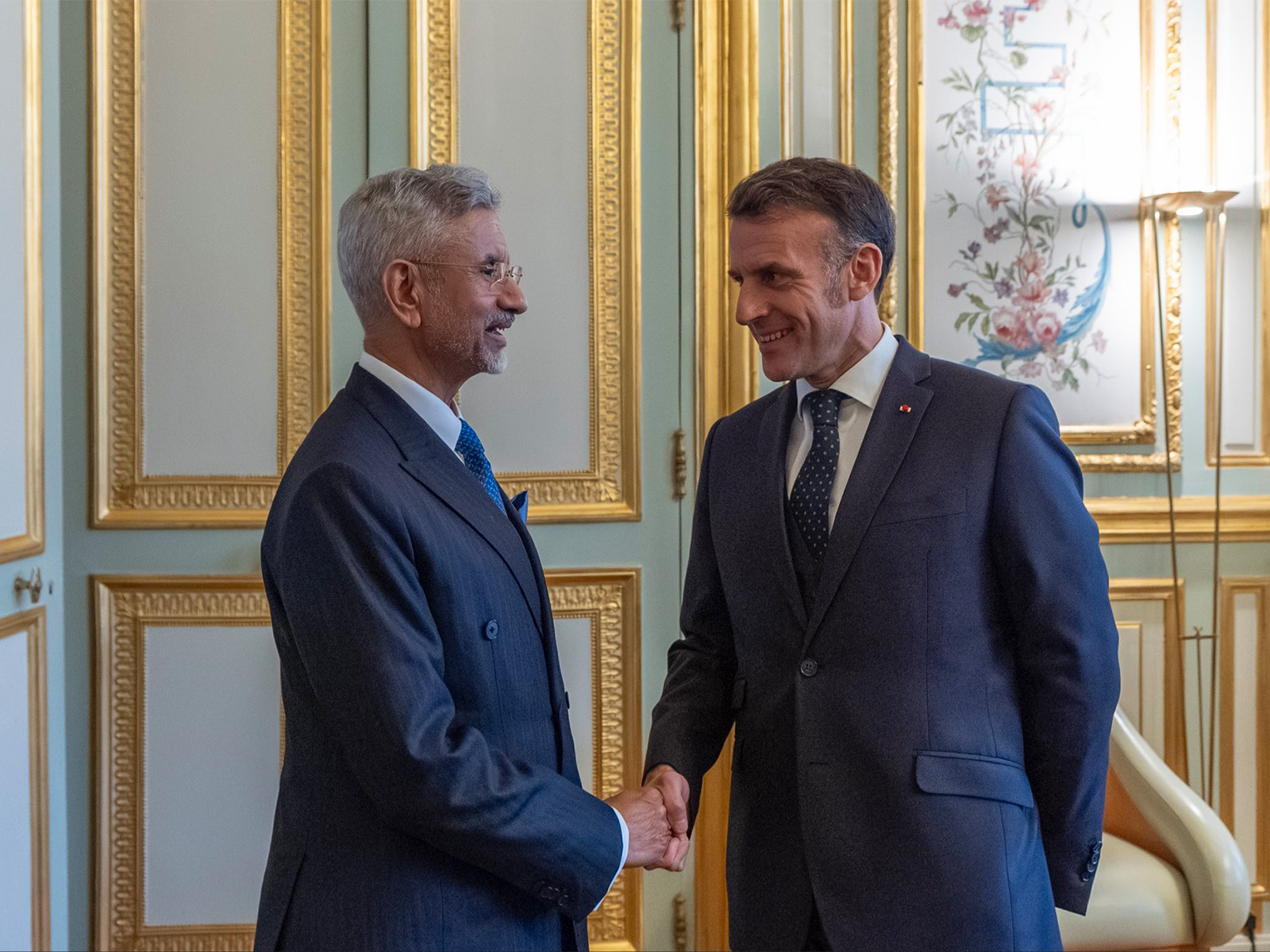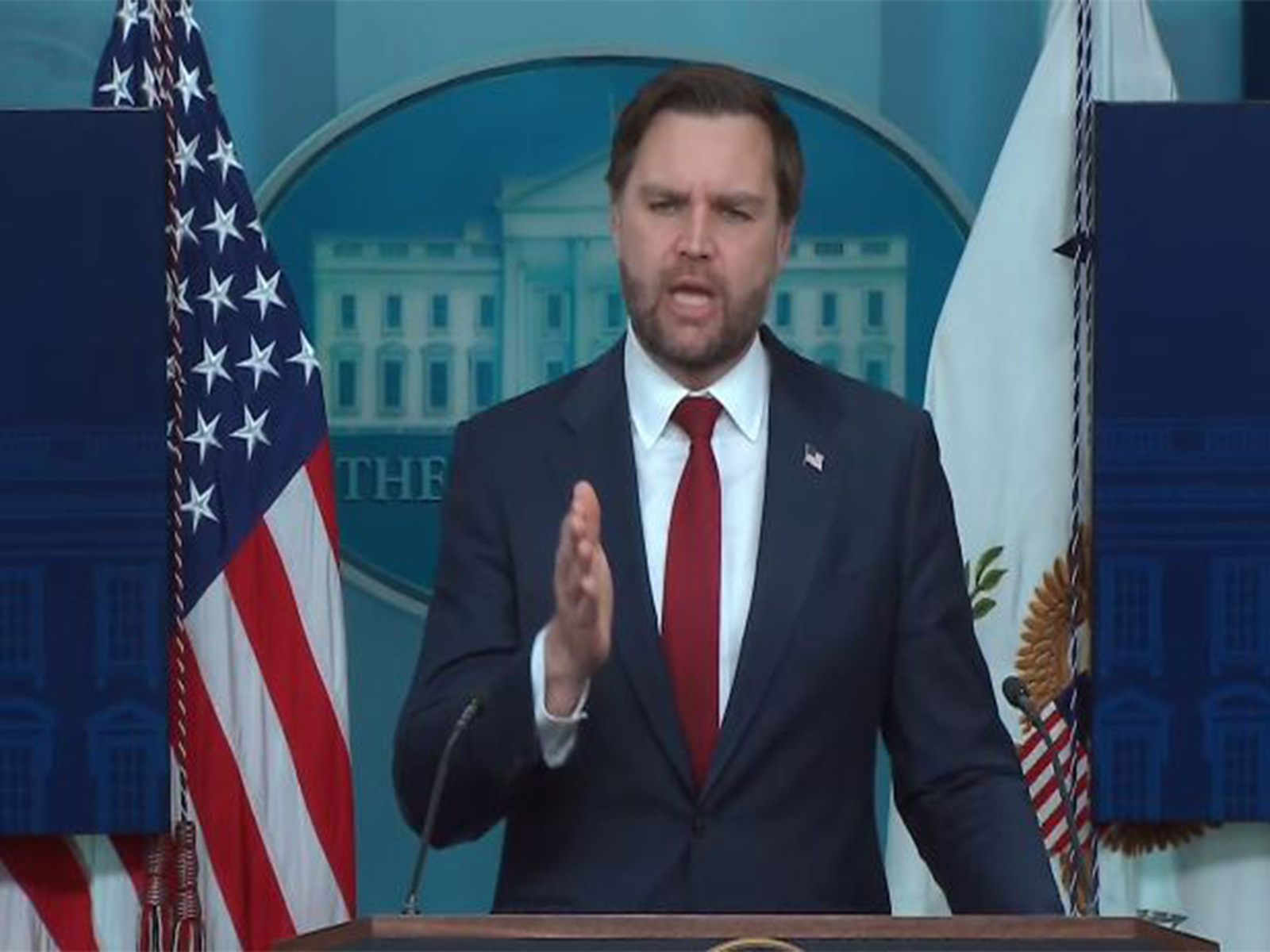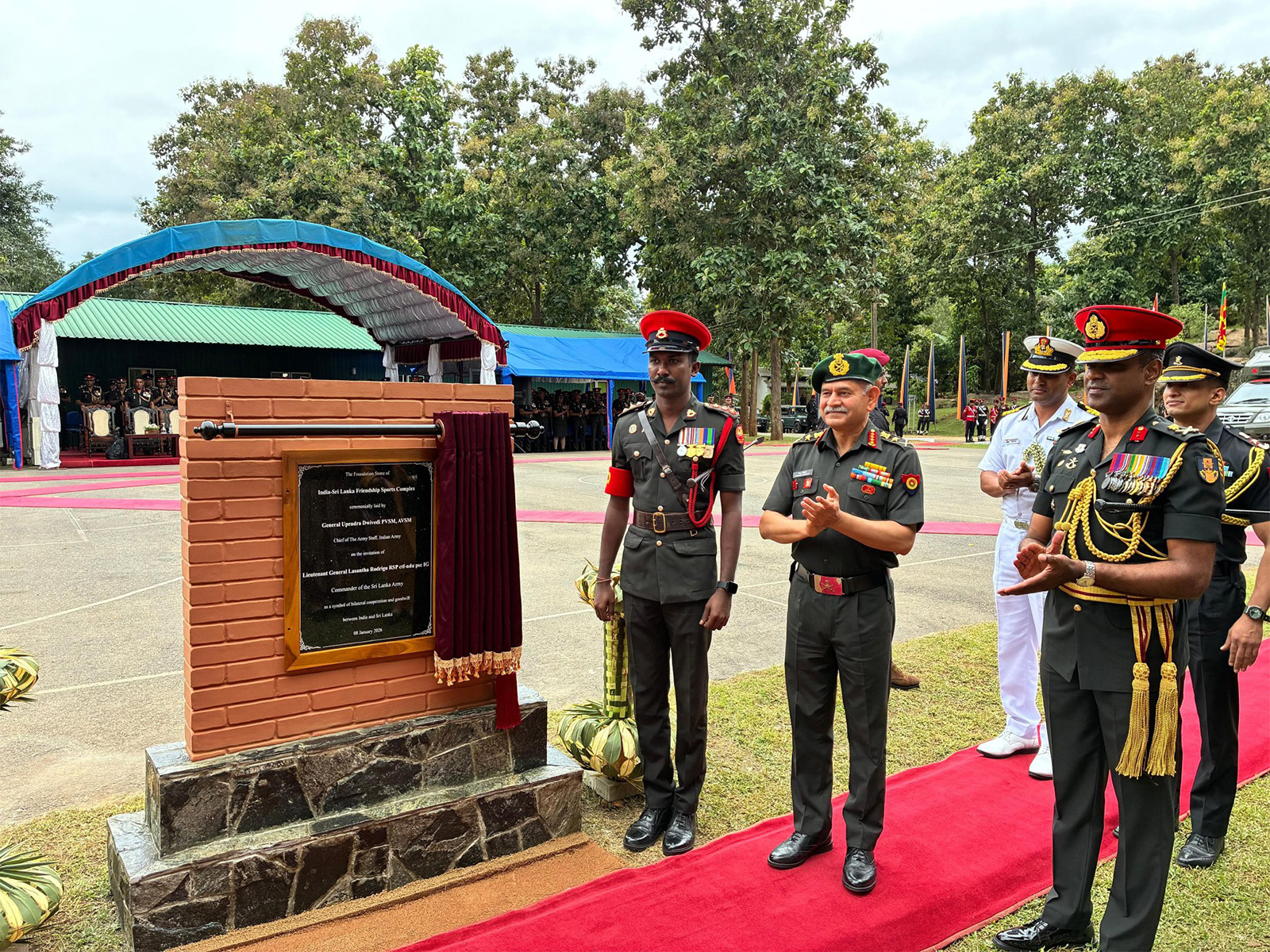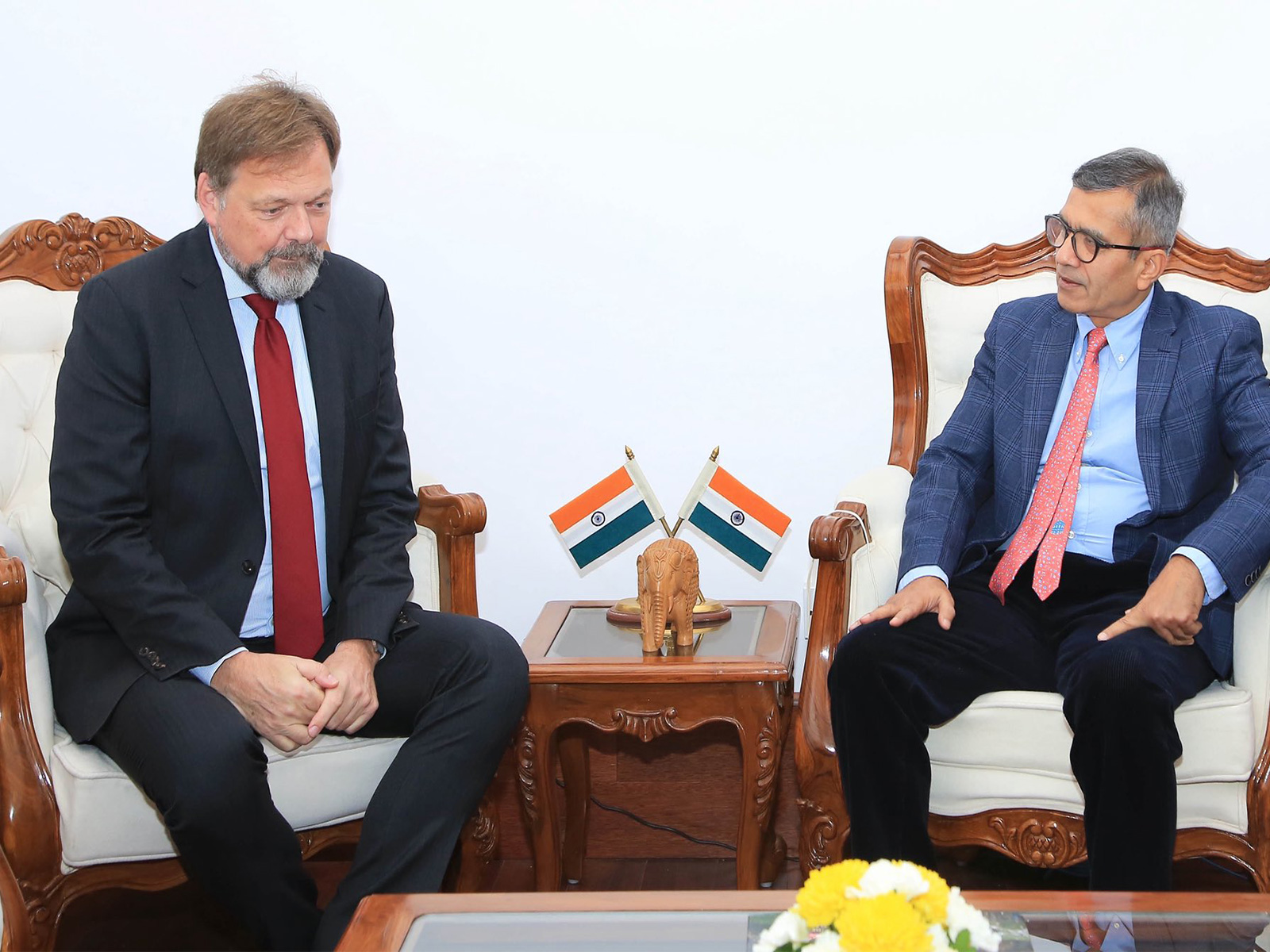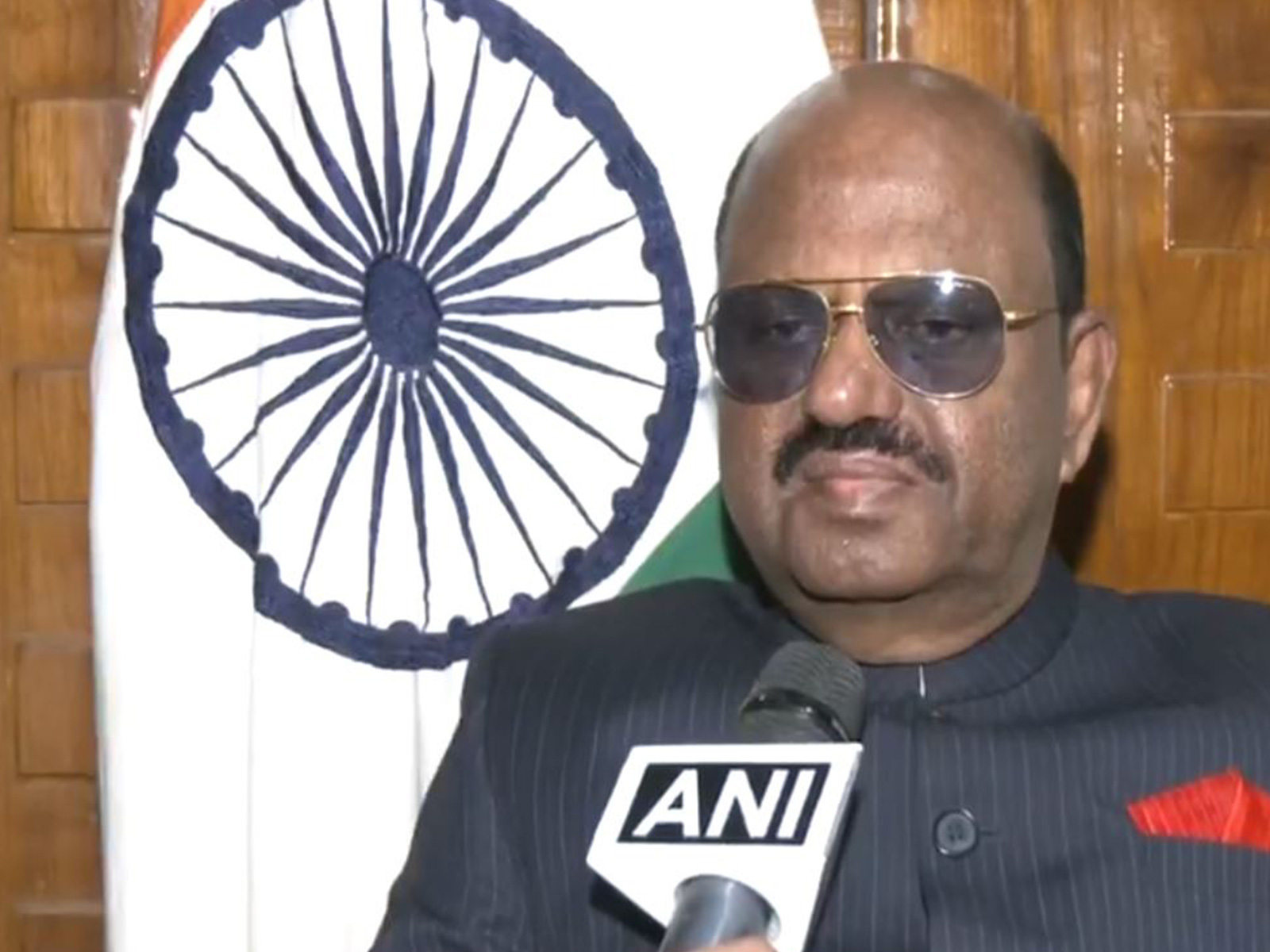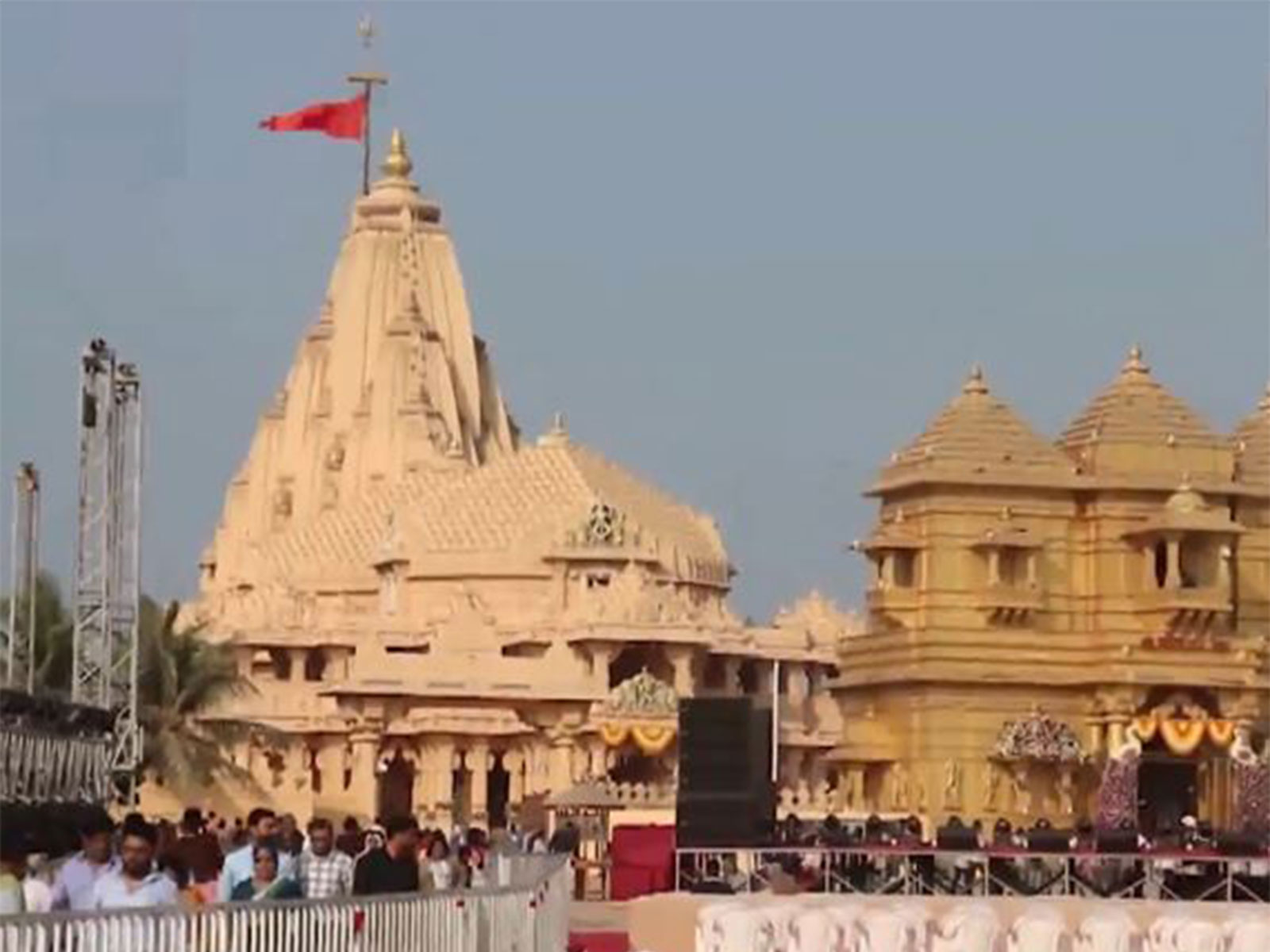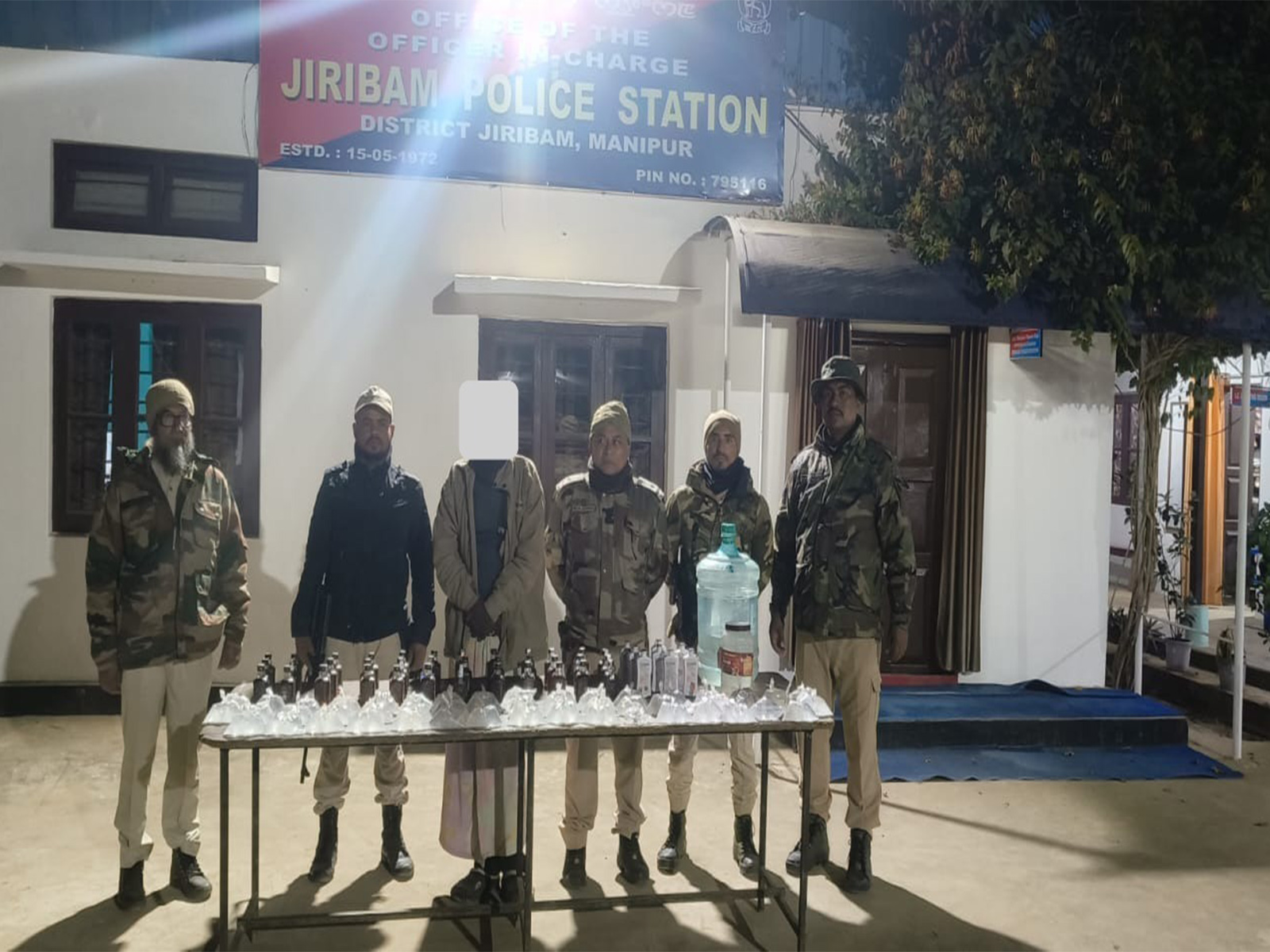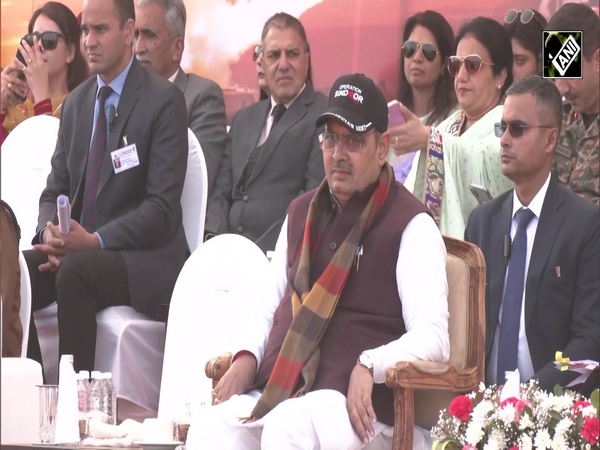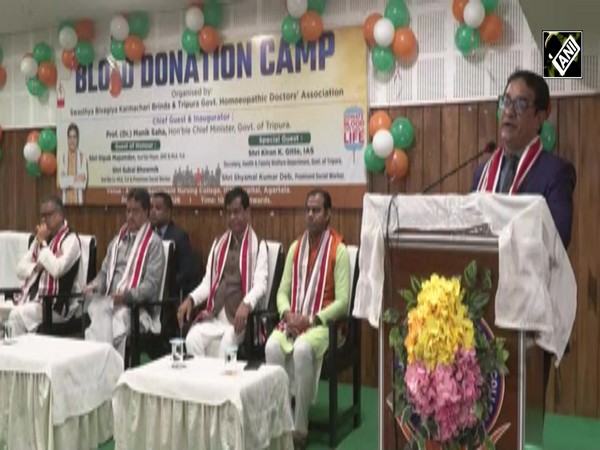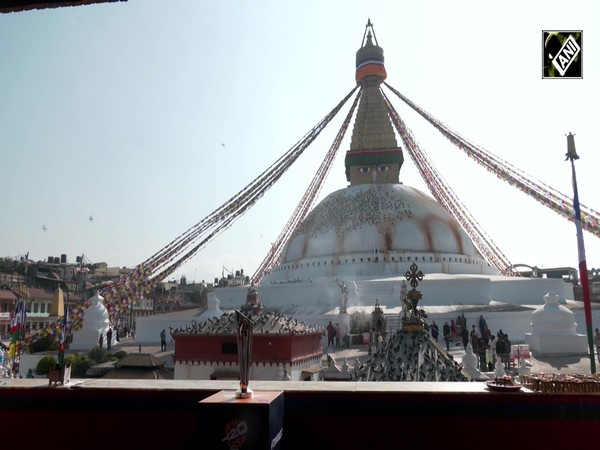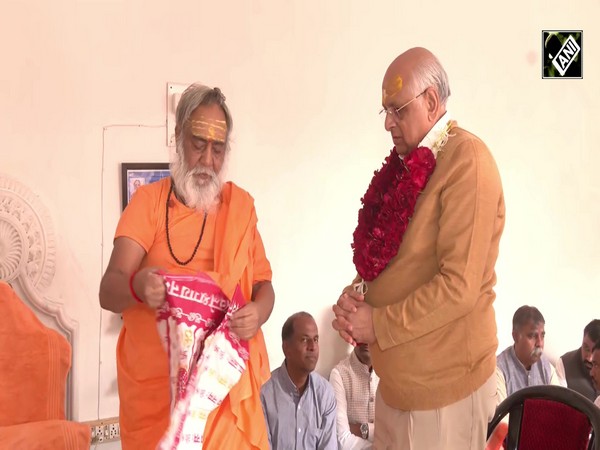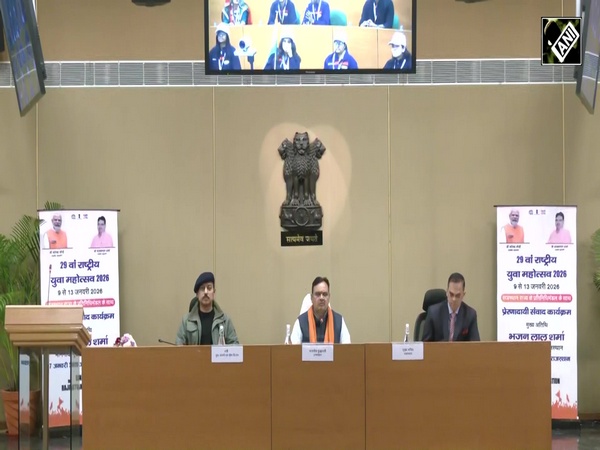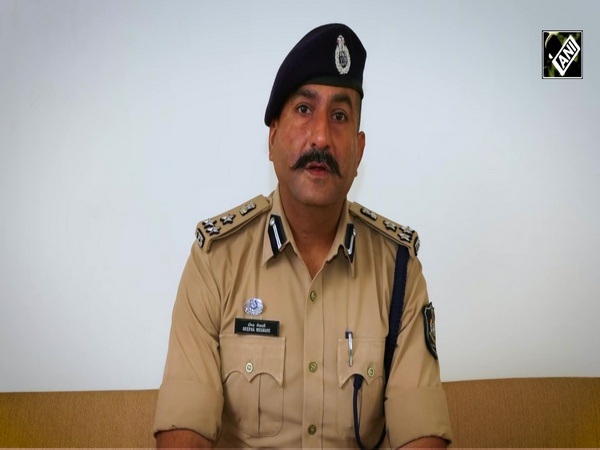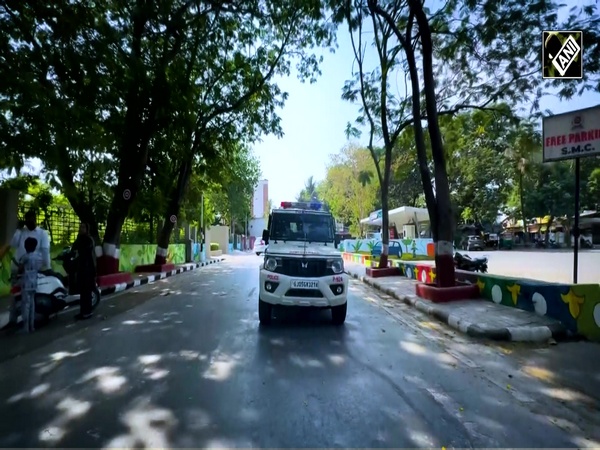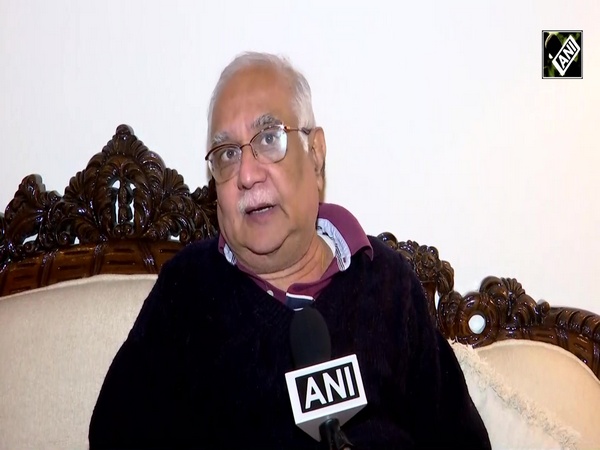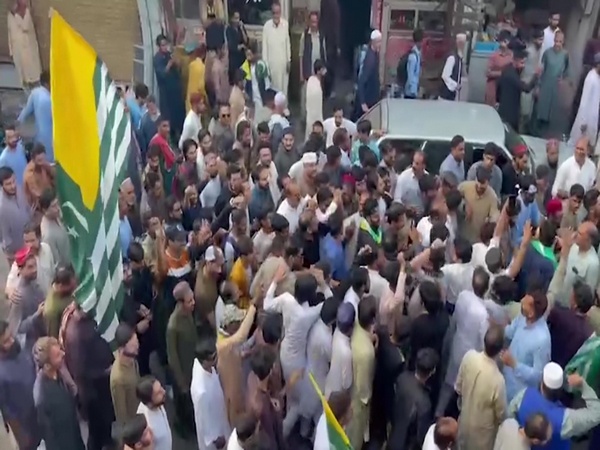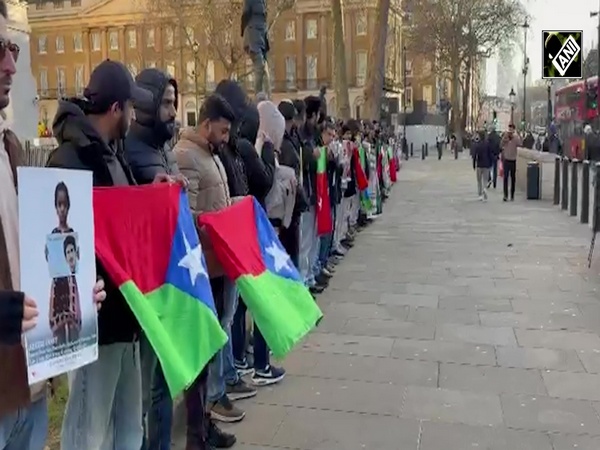In post-COVID China, masks off, but Xi's tight control persists: Report
Mar 09, 2024

Beijing [China], March 9 : For the first time in four years, thousands of delegates attending the annual meetings of the national legislature, China's top political advisory body, did not have to wear face masks or observe social distancing rules in Beijing's Great Hall of the People, CNN reported.
However, this apparent return to normalcy also sheds light on the continued strict controls and growing lack of transparency in the political system under the leadership of Xi Jinping.
Xi has emphasised security and reinforced the Communist Party's control over various aspects, including the annual "two sessions" meetings.
The decision to eliminate the premier's annual press conference, a long-standing tradition, was seen as a move to strengthen Xi's control over the official narrative, limiting opportunities for insight into the thinking of other top officials.
CNN reported that the annual meetings of the national legislature and political advisory body provided a fresh perspective on the persisting controls within the country, showcasing Xi's dominance over the political landscape. The decision to eliminate the premier's press conference, a three-decade-old tradition, was interpreted as a strategic move to consolidate Xi's control over the official narrative.
While some COVID testing requirements remain, the overall atmosphere seems to have reverted to pre-pandemic normalcy. However, this apparent return to routine also underscored the increased opacity and control within the political system under Xi's leadership.
The scrapping of the premier's press conference, a platform that traditionally offered insights into the thinking of China's nominal No. 2 official, was seen as a deliberate move to limit opportunities for the world's media and international observers to gain first-hand insight into the views of top officials. The decision reinforced the narrative that Xi is the central figure shaping China's political landscape, with other officials appearing as followers rather than independent voices, as reported by CNN.
"The press conference is typically the only channel for any senior official in China to have direct communication with the outside, especially with foreign media," noted Liu Dongshu, an assistant professor focusing on Chinese politics at the City University of Hong Kong. The removal of this channel for the premier aligned with Xi's emphasis on centralized control and limited transparency.
While press conferences are carefully stage-managed, they have historically provided moments for premiers to express their own views or depart from official lines, offering rare glimpses into debates among China's elite leaders. The elimination of the premier's press conference diminished opportunities for journalists to directly question officials and limited the avenues for open communication.
The decision to shorten the "two sessions" overall, a measure initially imposed during the pandemic, further reduced opportunities for journalists to engage with delegates or government officials. The nature of these encounters has also changed, with delegates appearing less willing to share information in the current political climate, according to CNN.
The heavy security measures surrounding the political gatherings, typical during the "two sessions" period, signaled a heightened state of alertness. Facial recognition scanners and strict entry checks added an extra layer of security, reflecting the government's commitment to maintaining control.
Despite the easing of COVID-19 restrictions, signs of heightened security were visible throughout Beijing's political center. Security officials maintained a significant presence in Tiananmen Square, with police officers and muzzled police dogs monitoring the crowds. Even routine activities, such as commuting and mail delivery, faced increased scrutiny, illustrating the government's commitment to maintaining tight control during major events.
The decision to eliminate the premier's press conference, coupled with tightened security measures, reflects Xi's overarching goal of maintaining control, projecting confidence, and minimizing dissent. As economic challenges and potential public frustration mount, authorities remain vigilant against any display of discontent. Xi's government, having faced large-scale demonstrations in the past, is determined to prevent any disruptions to the narrative of stability and control.
While the measures around Tiananmen Square during the "two sessions" were expected to be temporary, the uncertainty about a return to open access in the area underscores the enduring influence of Xi's approach to governance. The events of the "two sessions" offer a nuanced view of China's post-Covid landscape, where the masks may be off, but Xi's tight control remains firmly in place, CNN reported.
